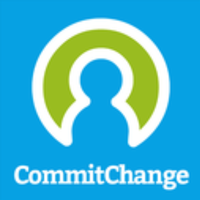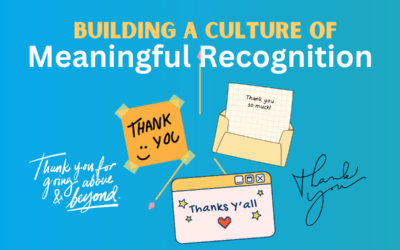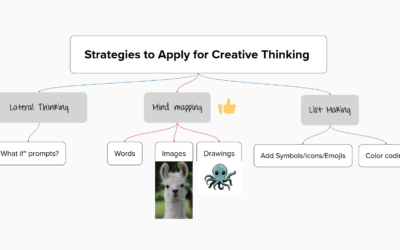 The old Mark Twain joke about “Don’t like the weather? Wait a few minutes.” has new meaning with internet tools for nonprofits. Options to accept online donations – and spin-off ideas like crowdfunding and social fundraising – have proliferated in recent years, and the competition is accelerating. There are lots of variables to weigh in making a decision of which platform (or platforms) to use, and one very important criterion is price. Many services allow you to set up for free, but the question comes to how much will a nonprofit pay if donations actually come in? Many sites, like GiveMN.org (which uses Kimbia), Razoo.com and others charge a percentage fee of each donation to cover both their own costs and the costs of processing credit cards.
The old Mark Twain joke about “Don’t like the weather? Wait a few minutes.” has new meaning with internet tools for nonprofits. Options to accept online donations – and spin-off ideas like crowdfunding and social fundraising – have proliferated in recent years, and the competition is accelerating. There are lots of variables to weigh in making a decision of which platform (or platforms) to use, and one very important criterion is price. Many services allow you to set up for free, but the question comes to how much will a nonprofit pay if donations actually come in? Many sites, like GiveMN.org (which uses Kimbia), Razoo.com and others charge a percentage fee of each donation to cover both their own costs and the costs of processing credit cards.
CommitChange is a newer player in this space, just coming out of some testing with a limited group of nonprofits. They are a social enterprise backed by Mark Cuban and others to make the base donation tool available at no fee for their service, only the cost of card processing (UPDATE – now 2.4% + $0.30 per transaction). Most other sites start at 4.9% and go up from there, so for organizations receiving more than five figures online, this could start to add up. For a recent funding campaign for Next in Nonprofits client East Side Freedom Library, it would have meant saving about $400, if all other site factors were equal.
Not all factors are equal, of course. Things like familiarity and existing accounts matter, as do the social tools which accompany the platforms to help engage donations. GiveMN is a well-established brand in Minnesota, for example, whereas CommitChange is new and may have some users acting more cautious. CommitChange doesn’t have a full database of nonprofits yet, so individual charities will have to create a page, though this process is fairly short.
CommitChange is looking to do well while it does good, and is readying a freemium model for its business. The donation processing is free, but what if you want to integrate it to your own site? How about adding more sophisticated donor management tools to track online and offline history? These things are in the works, but those will be available for a fee. Many nonprofits already pay a fee to manage those services to organizations like The Databank, Blackbaud, and others. For nonprofits that don’t yet have these services, it may be that CommitChange can build a relationship on their free services and slowly introduce new tiers as they become more sophisticated customers.
The team behind CommitChange includes advisor Chris Sinton, a veteran of Network for Good, which has been around the block in the online donation and sold-services space. A video interview teases new tools such as social impact tracking, which can help leverage the power of volunteer social fundraisers while still providing the nonprofit with social impact data – a service that could add immense value as social fundraising matures. CommitChange co-founder and CEO Roderick Campbell also has ambitious visions for individuals to create shareable, charitable impact profiles using their own data from however many nonprofit efforts they support. This type of “LinkedIn for social good” resume requires some granular control for users, which Campbell assures will be part of the platform. “User-control is the future,” says Campbell. “A shared portfolio will really help an individual donor tell a story of community involvement with real impact.”


